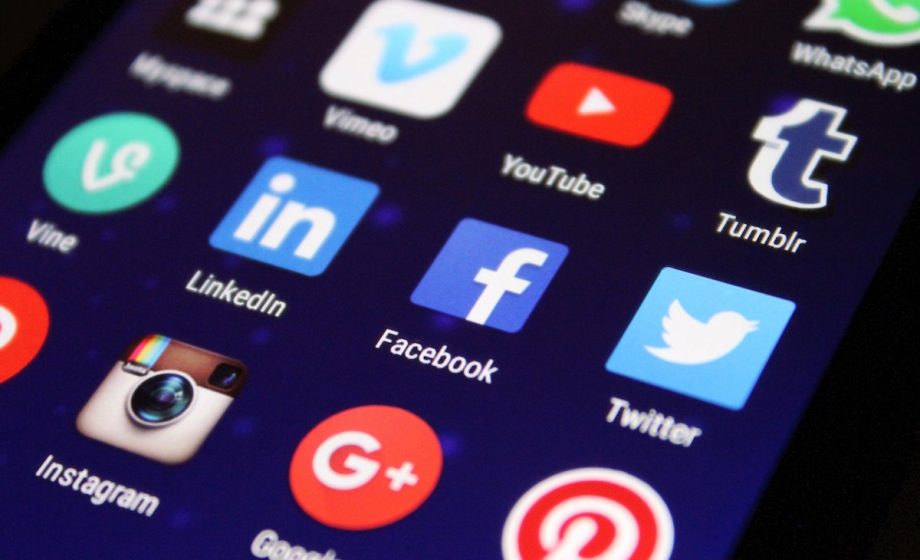In late April, news broke that Amazon, Facebook, Google, Apple, and Microsoft had collectively spent half a billion dollars trying to convince the U.S. Government that it’s okay for them to exploit our data and not pay taxes. Facebook and Google spent most of their lobbying money on privacy issues, whereas Apple, Amazon, and Microsoft seem to be more concerned about influencing tax policy.
All this lobbying seems to have paid off, considering how little these companies pay in taxes and how little control we have when it comes to our privacy on social media. But how exactly are these tech giants are using social media against us?
Data-Driven Advertising
The data tech companies are collecting on their users are put to good use for selling targeted advertising space. Facebook makes 95% of its revenue from advertising, whereas Google makes 85% of its revenue from advertising. Together they control more than two thirds of the digital ad market in the U.S.
Some of us are happy to trade privacy for free use of their services, but when you consider this access to data allows advertisers to target abuse and incest victims as well as people with cancer, eating disorders or drug addictions, the ethical and moral questions become too large to ignore.
We might be okay with being advertised to when it’s based on our hobbies, music taste or clothing preferences, but how would you feel knowing you’re being advertised to based on your sexual orientation or mental disorders?
Human Hacking
Human hacking is the process of understanding how the human body and mind works in order to predict its behaviours, and then using this information to manipulate the subsequent decisions the human mind makes. Social media is now the largest enabler of human hacking, and tech giants use it to get you hooked.
Youtube and Facebook’s video platforms illustrate the concept quite well. Features like autoplay are built into both platforms to keep you engaged, making them more revenue. Google’s supercomputers almost know us better than we know ourselves, and they know what to recommend to keep us hooked. The more time we spend on these platforms, the more they can advertise to us – and the more money they make.
It’s the same principle as the endless scroll feature available on Instagram, Facebook and Twitter. Even though we never plan on scrolling for hours on end, these platforms are engineered to keep giving us the content we want so that we don’t leave.
This sort of human hacking is bad for us: studies have shown spending too much time on these platforms increases the risk of mental health issues. Even the inventor of endless scrolling is apologising for how his creation is affecting our societies.
Vehicles for Violence
When you combine human hacking with aggressive advertising in a political context, things can get dark very quickly. Political consulting firm Cambridge Analytica harvesting data on millions of Facebook users in order to influence their political choices was bad enough; powerful figures in Myanmar using Facebook as their primary platform to incite hate toward Rohingya Muslims makes the platform complicit in ethnic cleansing.
700,000 Rohingya Muslims were displaced and over 10,000 were brutally murdered, and although a U.N report clearly outlined Facebook’s role in this genocidal episode, Facebook has made little effort to cooperate with international bodies to ensure this never happens again.
Next time you log in to your social media accounts, remember that you are not using the platform – the platform is using you.

